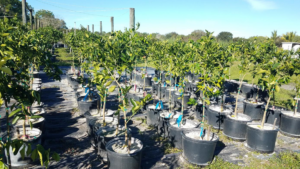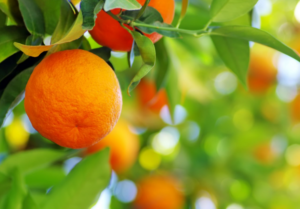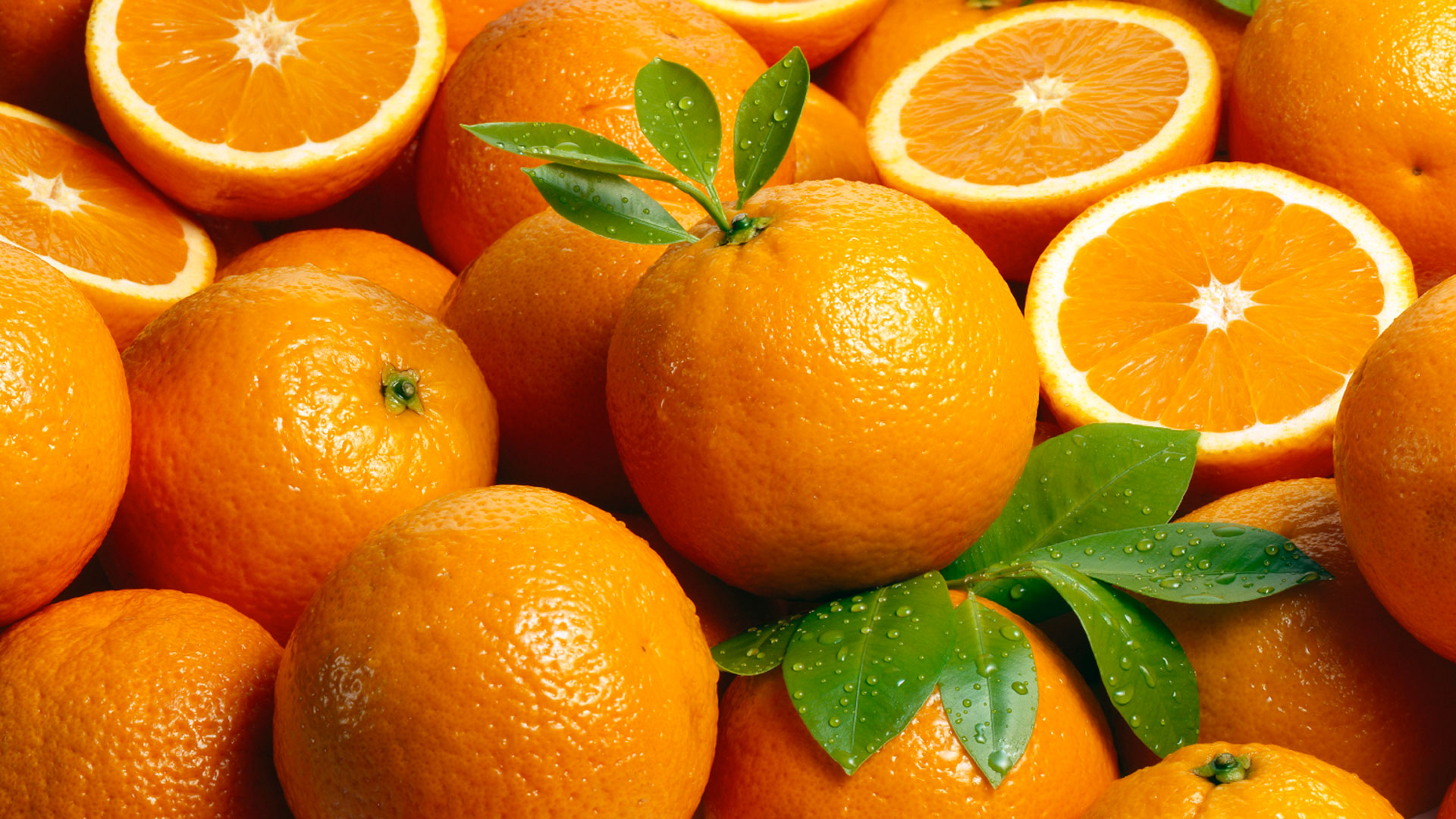A pot experiment in climate chambers was conducted to explore if additional N supply (NH4NO3 or KNO3) via foliar application could improve the drought tolerance of Citrus macrophylla L. seedlings under dry conditions. Two-month-old seedlings were transplanted into 1L plastic pots containing a universal substrate consisting of Canadian blond peat moss blended with coconut fibre and perlite (Compost Reciclable S.L. Spain). The seedlings were watered daily with Hoagland’s nutrient solution. Water-stress treatments were imposed for four weeks, starting two weeks after transplanting. The amount of water applied was decreased by 25% of the daily water lost due to evapotranspiration every week, ending with one week of complete water withdrawal. The well-watered controls were maintained at field capacity. The foliar treatments consisted of applying N (2% in spray solution) weekly either as NH4NO3 or KNO3 to drought-stressed (DS) plants. Unsprayed drought stressed plants were also included in the trial design.
Biomass measured as leaf and stem dry weight decreased significantly in all plants under drought stress compared to the well-watered control plants. DS+KNO3 showed the least reduction in biomass, compared to the DS and DS+NH4NO3 treatments. Total biomass was reduced 25% for the treatment DS+KNO3. It was reduced about 46% in the other two treatments (DS and DS + NH4NO3).
The leaf-water potential was decreased by drought stress in all the treatments, and it was the lowest in DS+KNO3. Additionally, plants treated with KNO3 retained the highest rate of net CO2 assimilation of the treatments with drought stress, explaining the higher biomass at the end of the trial.
Foliar application of NH4NO3 enhanced leaf proline concentration. In contrast, after foliar application with KNO3, proline accumulation was lower, and K+ content of leaves higher, compared to DS+NH4NO3. This could explain the retention of CO2 assimilation capacity by plants under drought stress treated with KNO3: Accumulation of potassium ions to decrease leaf-water potential does not require extra energetic costs, whereas conversion of starch to proline after NH4NO3 treatment does require extra energy.
This indicates the importance of potassium in the adaptive mechanism of citrus plants to drought stress. The authors conclude that foliar application of nitrogen at 2% in the spray solution, in the form of KNO3, could be a good.agronomical strategy to mitigate the negative effects caused by drought in C. macrophylla seedlings grown in Mediterranean nurseries.






